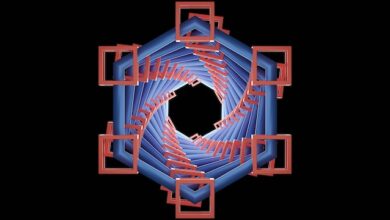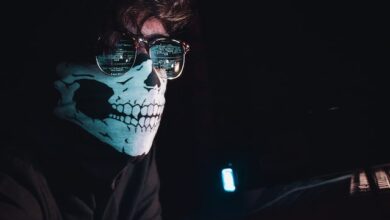A DAO is Required for OpenAI to Run ChatGPT

One of OpenAI’s revolutionary models is ChatGPT, a large-scale language model that can hold natural conversations with humans. Others are concerned that regulation is necessary to protect users’ privacy, neutrality, and the decentralization of information, despite the fact that this technology has many potential benefits. The answer to these problems may lie in creating a decentralized autonomous organization (DAO).
Prioritizing privacy when using ChatGPT is a top priority. The model collects user data to improve its replies, but that data may include personal information that consumers are reluctant to share with a centralized entity. If a user shares sensitive information with ChatGPT, such as their health or financial status, the service may retain and utilize the data in ways the user did not anticipate or consent to. It’s possible that privacy breaches or even identity theft may occur if the information were to fall into the wrong hands.
In addition, criminals might use ChatGPT for phishing or social engineering assaults. ChatGPT is dangerous since it may trick people into giving up personal information or doing something they normally wouldn’t. To put these fears to rest, OpenAI must set up transparent systems for collecting, processing, and storing user information. ChatGPT data may be held securely and privately in a DAO, giving users greater say over their information while restricting access to only those with permission.
Second, ChatGPT is not immune to the rising public concern over political bias in AI models. Concerns have been raised that further refinement of these models may unintentionally perpetuate or even introduce new forms of social prejudice. Propaganda and incorrect information may be spread with the help of the AI chatbot as well. Because of this, people and communities may suffer unjust or unfair results. The model may provide biased answers that are reflective of the biases of the creators or the training data.
A decentralized autonomous organization (DAO) may ensure that ChatGPT is trained with unbiased data and that the results it generates are reviewed by a diverse group of individuals, including experts from a variety of businesses, universities, and nonprofits who can identify and correct any prejudice. Incorporating several viewpoints into decision-making on ChatGPT would help reduce the likelihood of bias.
The DAO may also implement safeguards to ensure that biases currently present in society aren’t exacerbated by ChatGPT. The DAO may, for example, institute a system for monitoring ChatGPT’s answers for bias and fairness. One approach would be to have neutral experts review the content of ChatGPT and highlight any instances of bias they find.
Knowledge centralization is a further difficulty with ChatGPT. There are several ways in which the model benefits from the abundance of data at its disposal. Because information is concentrated in the hands of a few persons or groups, a knowledge monopoly may arise. It’s also possible that knowledge exchange between humans and machines could become the norm, with the result that people will increasingly rely on computers as their sole source of information.




